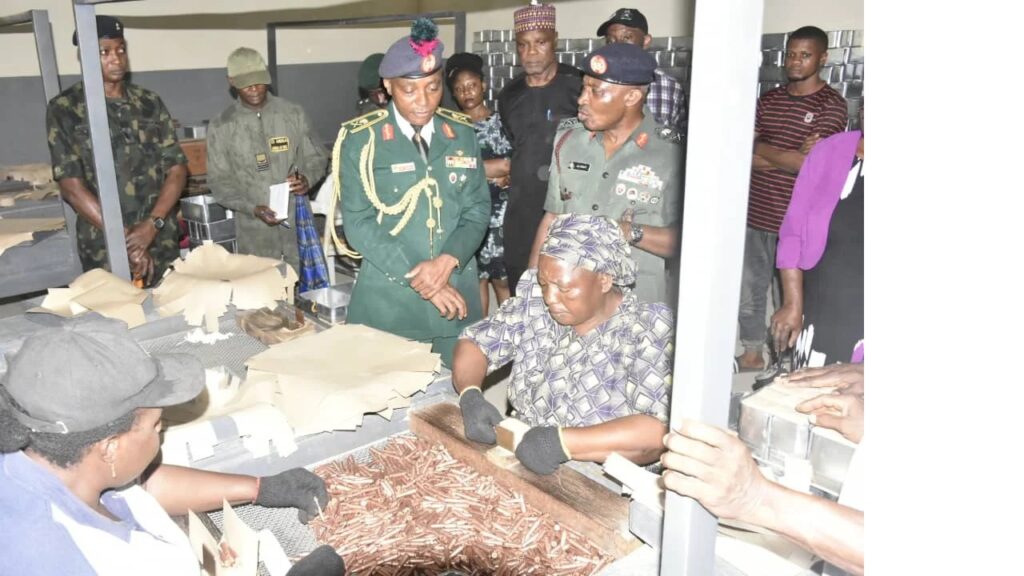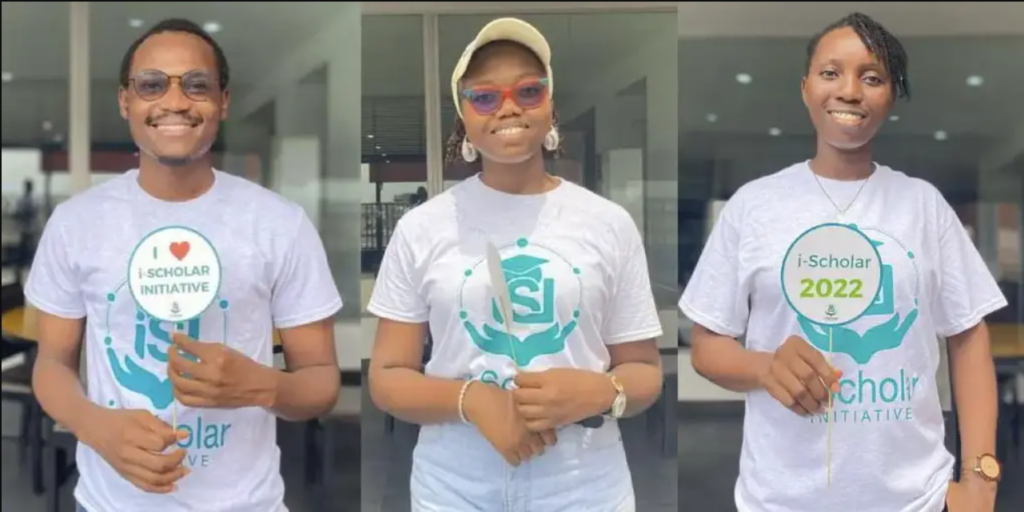
Porous borders, illiteracy, poverty driving trafficking, says Fagbemi
National Agency for the Prohibition of Trafficking in Persons (NAPTIP) rescued, received and supported 2,112 victims of trafficking in persons in 2023.
The Director-General, Prof Fatima Waziri-Azi, made the disclosure at the 26th National Stakeholders’ Consultation Forum on Human Trafficking in Nigeria, organised by NAPTIP, in partnership with the governments of The Netherlands and Switzerland, yesterday, in Abuja.
“We rescued, received and supported 2,112 victims (473 males and 1,639 females). Females constituted 77.6 per cent of the victims, out of which 43.4 per cent were children. Benue State had the highest number of indigenes rescued in 2023 followed by Edo, Ondo and Akwa Ibom states.
“We rescued and received 47 victims of inward trafficking, mostly from West African countries. We have already secured 14 convictions in 2024 and counting, with 243 cases pending before various courts across the country,” she said.
The DG pointed out that the agency, in October 2023, secured its first mutual legal assistance conviction between Nigeria and Belgium involving a high-profile female trafficker, adding: “She was sentenced to 12 years and fine for the role she played in trafficking 12 victims to Belgium for forced prostitution and other forms of sexual exploitation.
“Also, we secured a conviction against a Lebanese for sexual exploitation. In January this year, we secured our second mutual legal assistance conviction between Nigeria and Spain involving yet another high-profile trafficker.”
Waziri-Azi attributed the successes recorded by NAPTIP to strong collaboration with partner organisations and the media.
MINISTER of Justice and Attorney General of the Federation, Lateef Fagbemi (SAN), observed that Nigeria’s porous borders, lack of education and poverty remain key drivers of the crime of trafficking in persons in Nigeria.
He said: “Traffickers exploit the vulnerabilities of people, leveraging poverty, lack of education, and unemployment to ensnare their victims with promises of a better life. The porous nature of our borders and the sophisticated network of these criminals further compound the challenge of combating this menace.
“This crime not only corrodes the very foundation of our society, but also violates the most basic human rights of people.”
The National Stakeholders Consultative Forum on Human Trafficking, instituted by NAPTIP, he noted, serves as a vital strategic coordination body.
“It facilitates dialogue and collaboration among relevant stakeholders at both the federal and sub-national levels, enabling the initiation of plans, review of strategies, and sharing of information on different approaches to combating trafficking in persons in Nigeria.
On the importance to continuing collaboration to defeat the scourge across the globe, Country Representative, United Nations Office on Drug and Crime, (UNODC), Oliver Stolpe, said: “Over the past 10 years, UNODC has collaborated with the Federal Government of Nigeria, select state governments, their specialised agencies, the judiciary, Civil Society Organisations (CSOs) and the academia to combat Trafficking in Persons and Smuggling of Migrants (TIPSOM).
Represented by the Deputy Country Representative, UNODC, Danilo Campisi, he said: “Discussions continue to evolve with government’s specialised agencies such as NAPTIP, Nigeria Immigration Service (NIS) and other relevant stakeholders to provide support in line with the agencies’ needs and priorities to better fight TIPSOM.”












